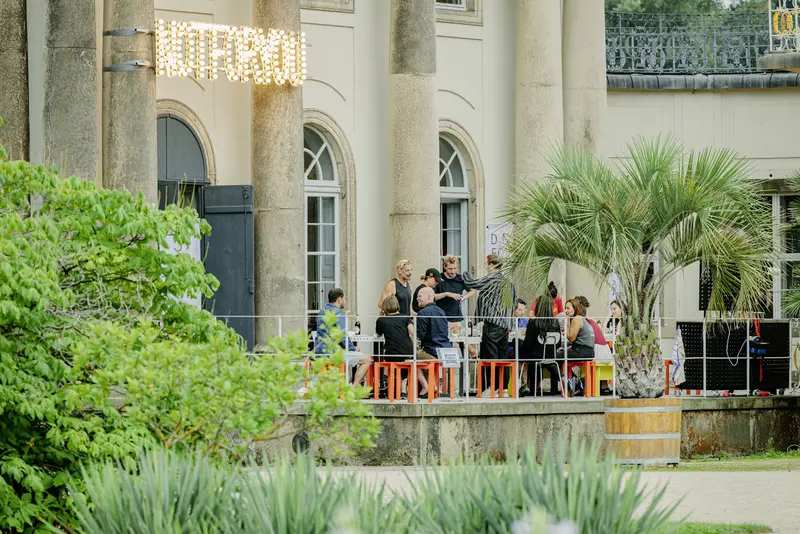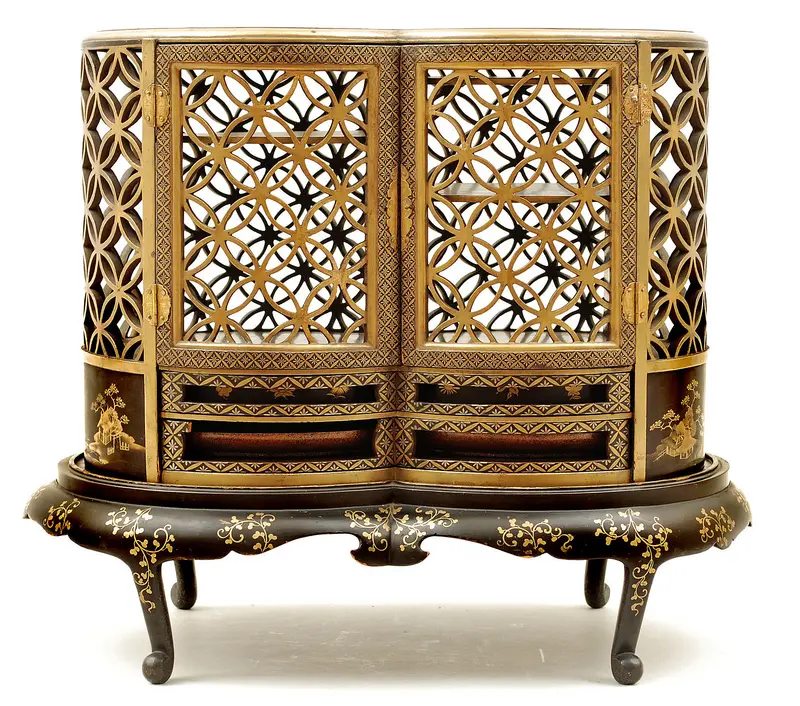DESIGN CAMPUS
As a practice-oriented research and development platform of the Kunstgewerbemuseum, the DESIGN CAMPUS is a curatorially developed and future-oriented think tank that deals with current challenges such as social change, digitalisation and the climate crisis. In addition to lectures, workshops and residencies as lab formats, an annual summer school lasting several weeks takes place. In 2025 the design campus will be suspended due to the temporary closure of the museum.
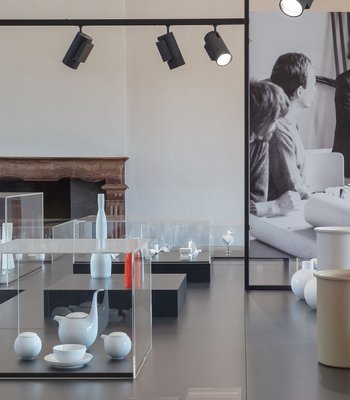
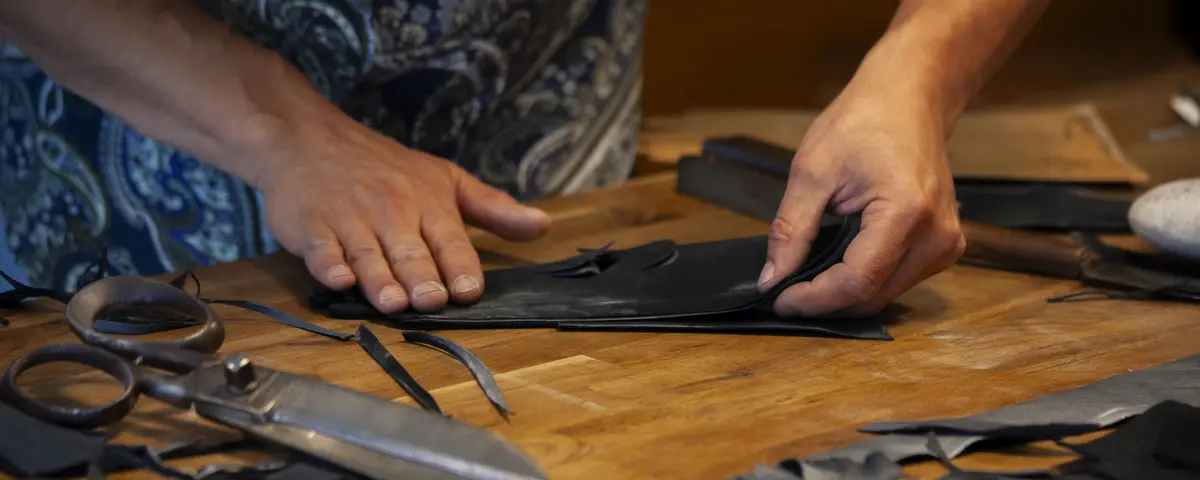
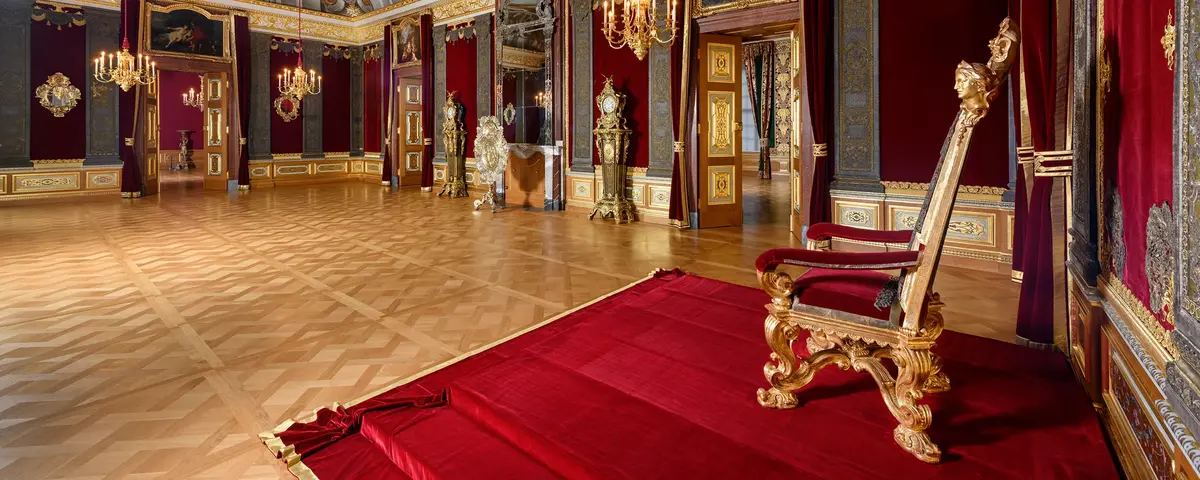
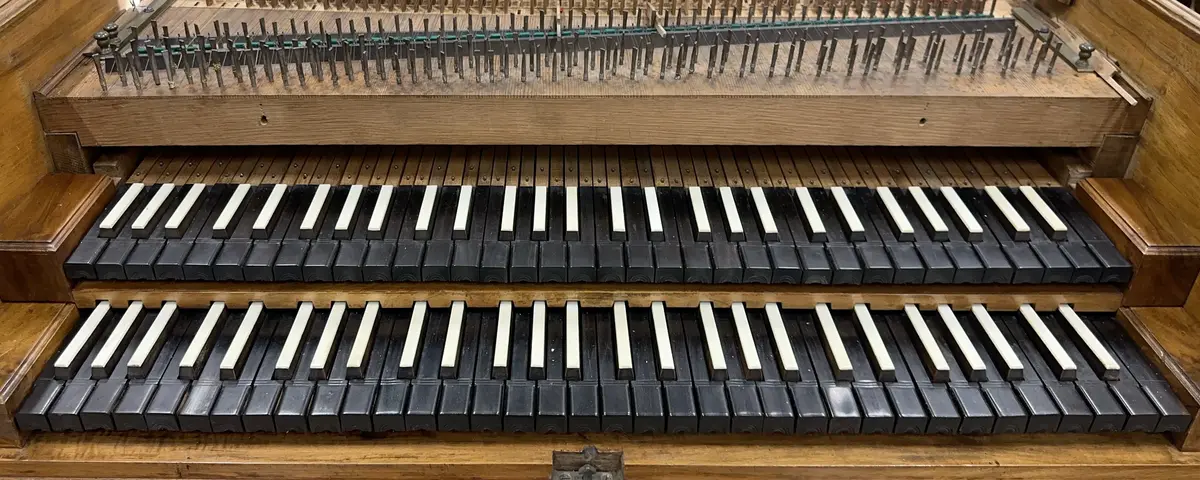
![[Translate to English:]](/fileadmin/_processed_/9/3/csm_Bild_3_b2b8c6b6e2.webp)
